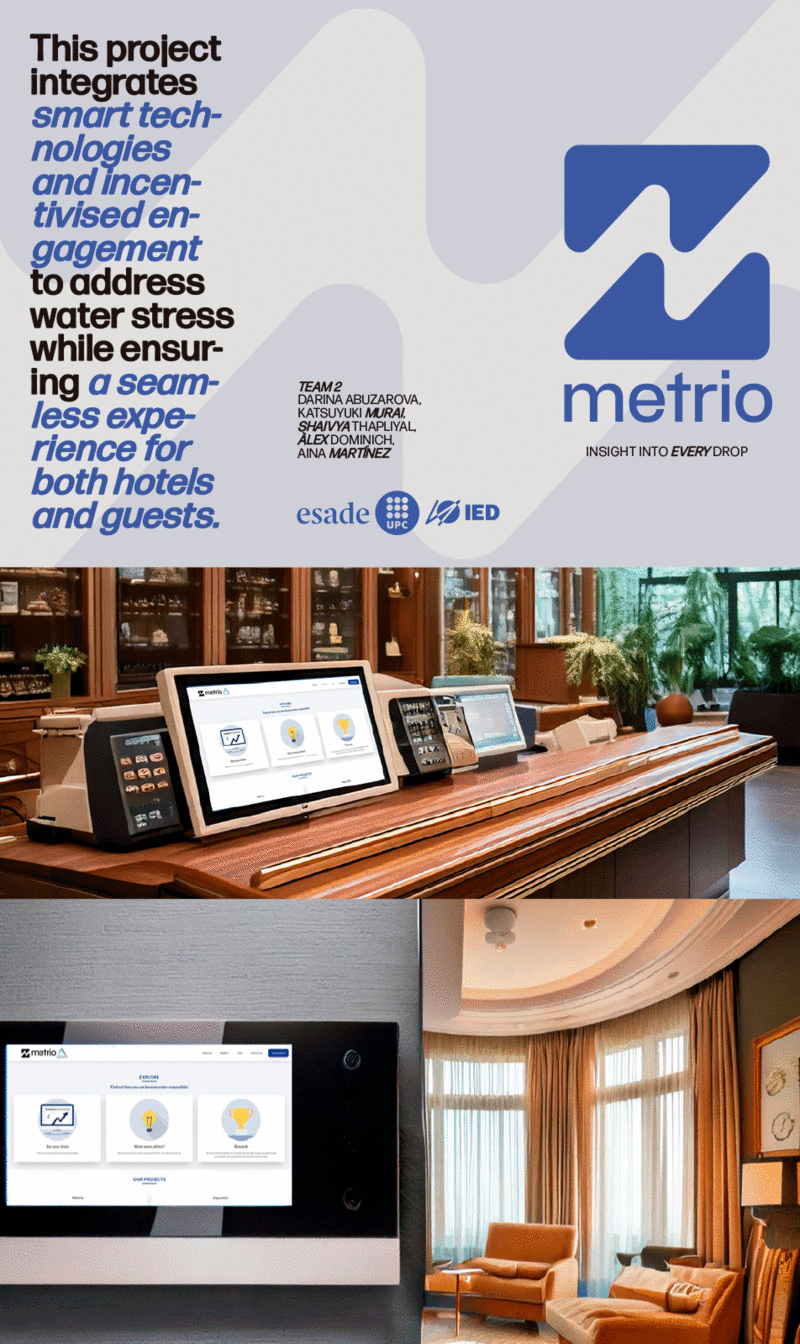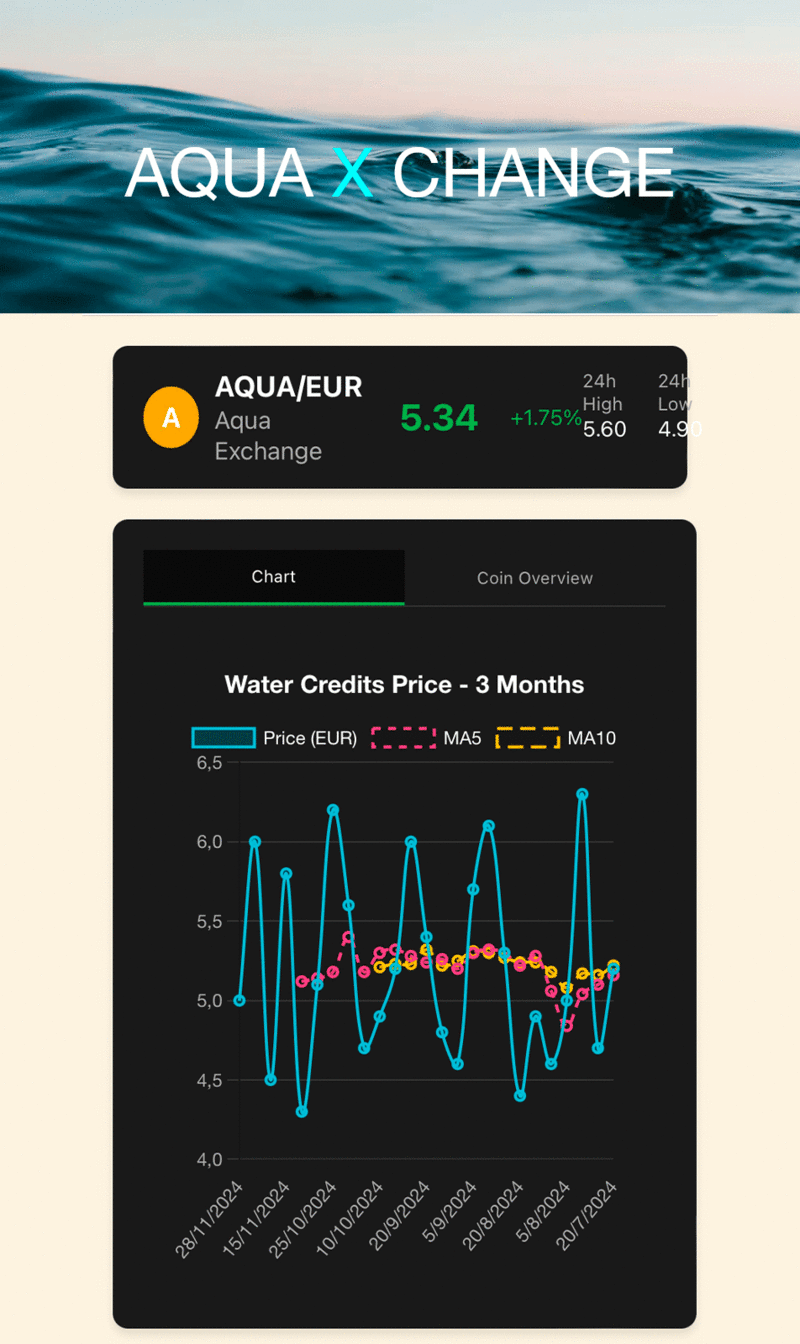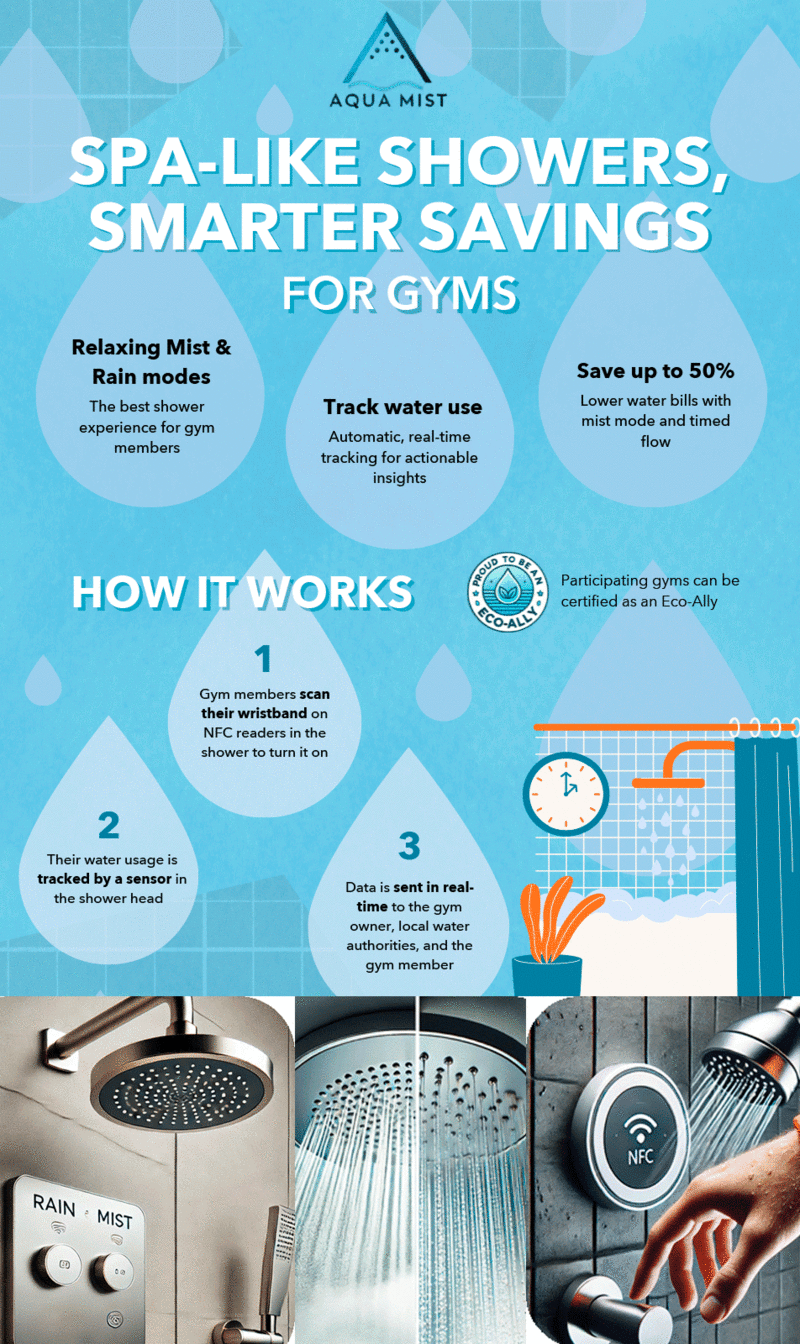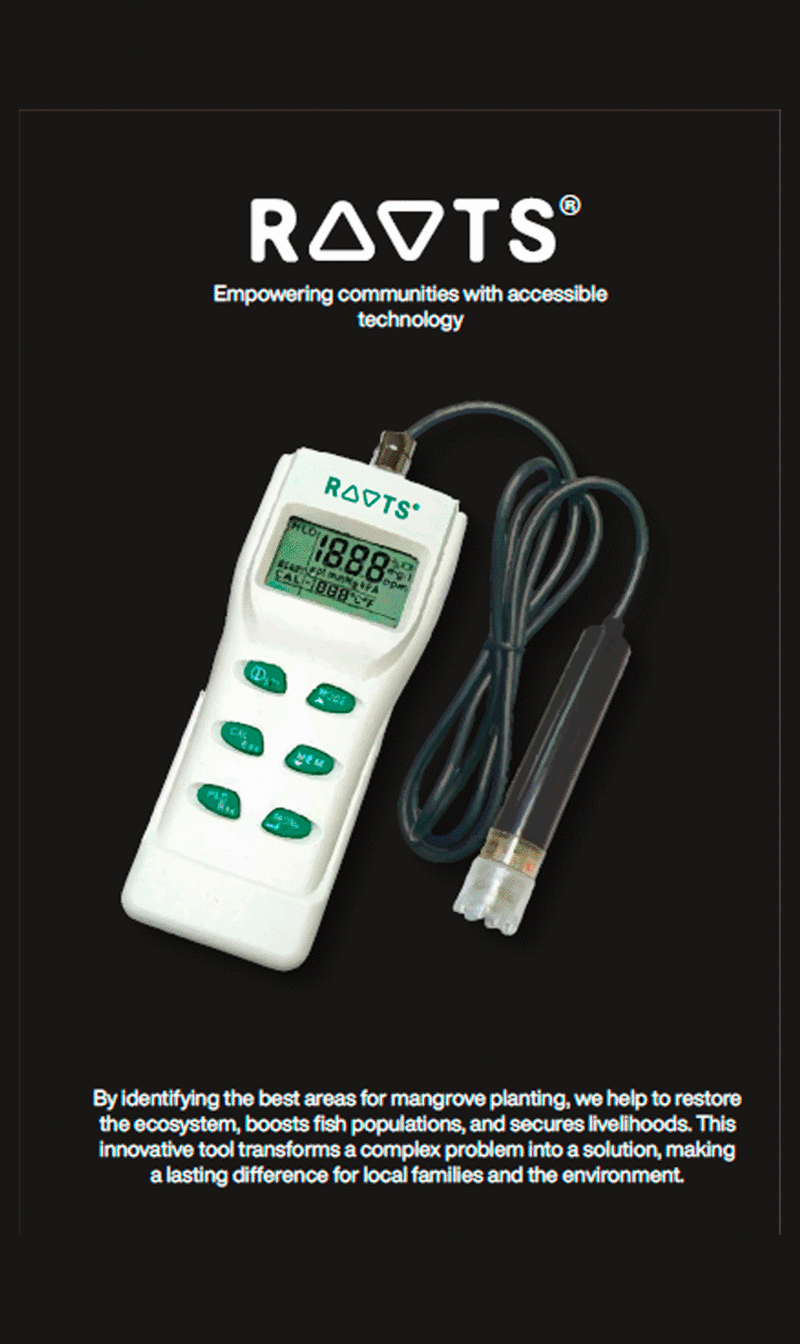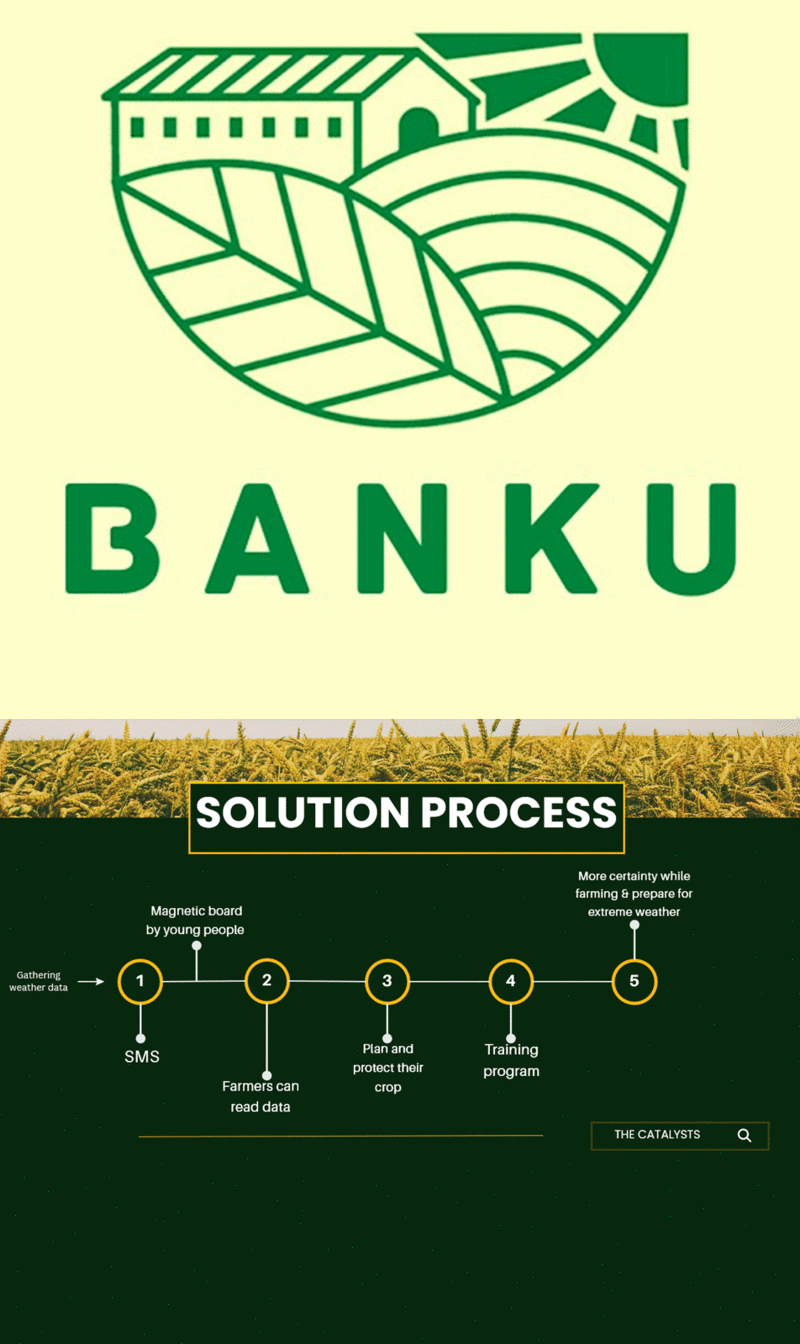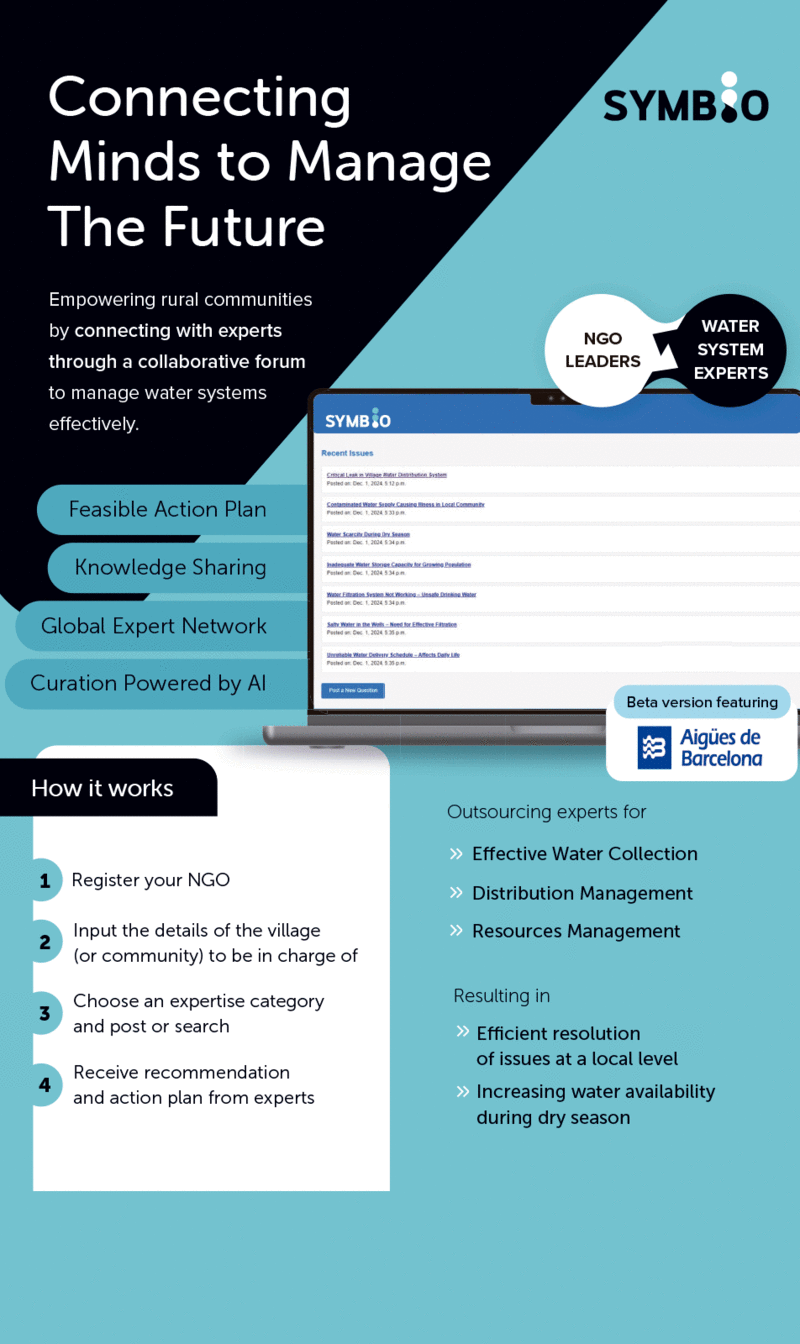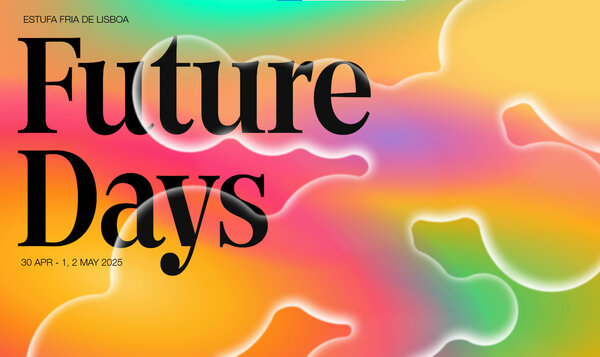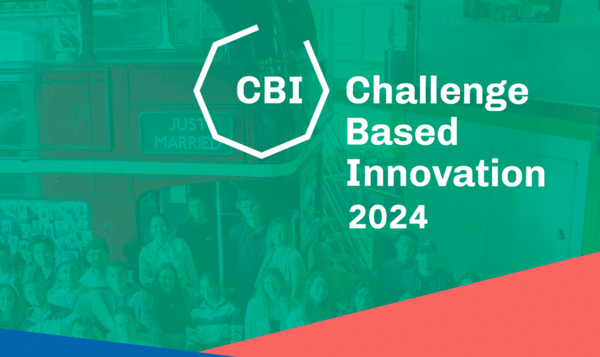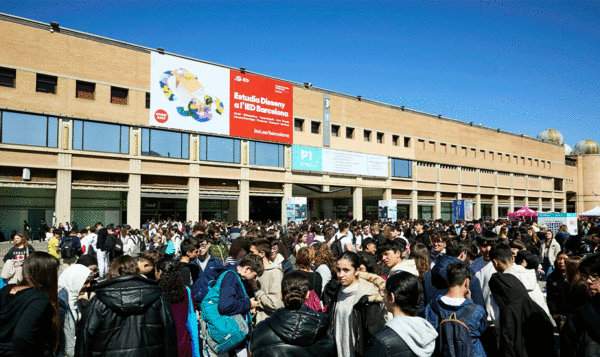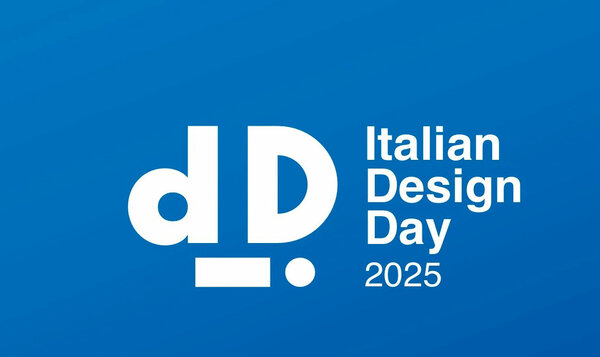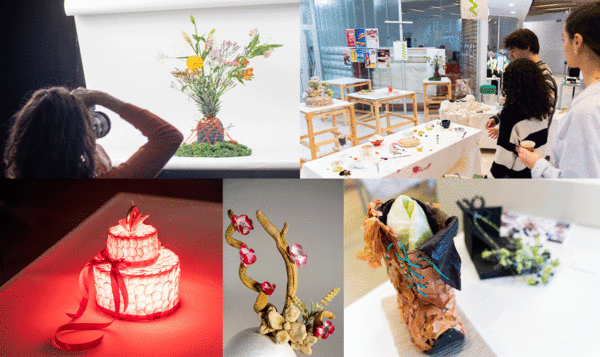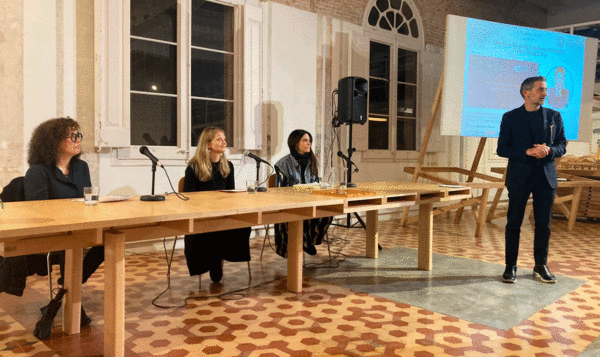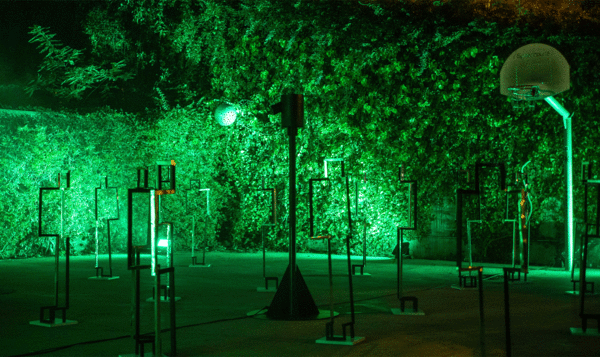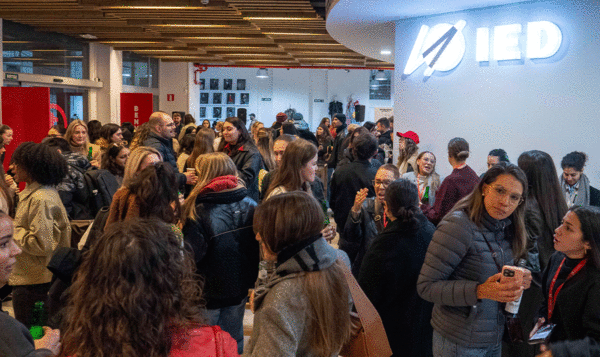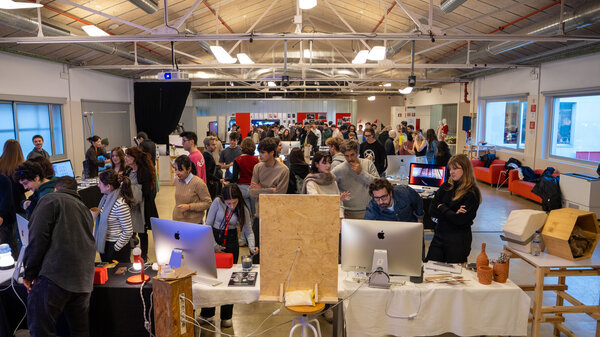Students proposed solutions for a more sustainable use of water in the city of Barcelona and to combat the problem of salinization and access to fresh water in Gambia
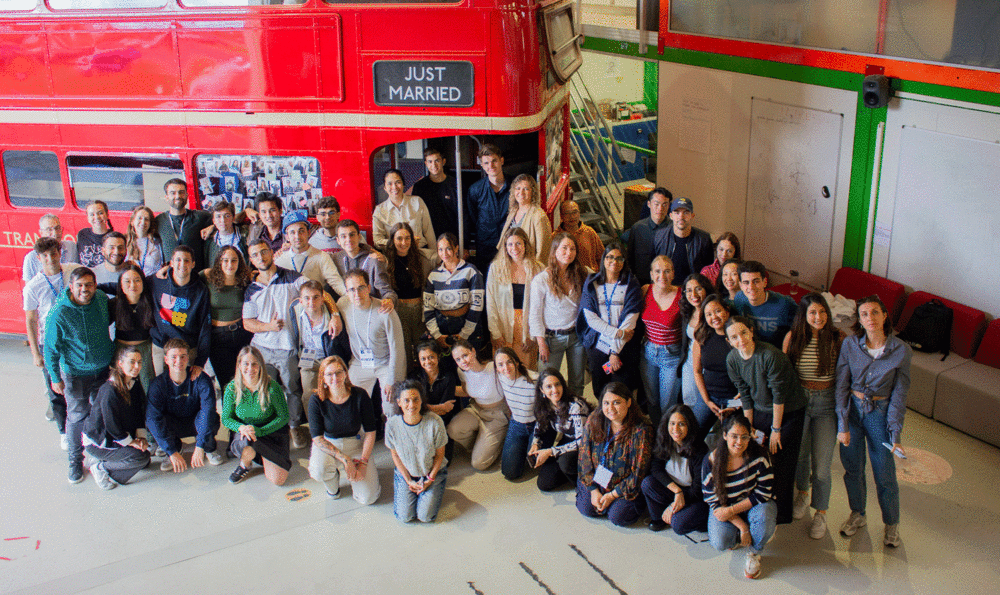
Innovative design to guarantee universal access to clean water
Date
16 December 2024
An instrument for monitoring water in hotels, an innovative shower head, an environmental monitoring kit, and a solution for farmers delivering real-time weather updates. These are some of the innovative solutions developed by students from the Master in Design Management at IED Barcelona, the Full-Time MBA programme at Esade, and the degrees in Telecom Services and Telecom Engineering at Universitat Politècnica de Catalunya - BarcelonaTech (UPC) within the framework of the eleventh edition of the Challenge-Based Innovation (CBI) program. A venture promoted by @IdeaSquare and the Innovation Department at the CERN (European Organization for Nuclear Research) to encourage multidisciplinary teams of students, in conjunction with the teaching and research staff of different entities, to work on new solutions for the future of humanity.
This year’s CBI focused on SDG 6 (ensuring access to water and sanitation for all. and addressed two specific cases: conceptualizing new ways of enhancing the value added of the City of Barcelona’s current water service, with help from Aigües de Barcelona, and understanding the issue of water salinization and access to fresh water in Gambia, with help from the CSIC-IDAEA research team.
The 6 university teams, consisting of 34 students aged 20 to 37 from 14 different nationalities, worked for 15 weeks on solution prototypes for both cases.
Enhanced value added for the city of Barcelona’s water service
This firsts case, focused on pinpointing innovative ideas for the city of Barcelona’s water service, and with support from Aigües de Barcelona, aims to enhance value added by analyzing data about the consumption of urban water. It focused particularly on providing information to industrial and commercial sectors, municipalities and services such as urban gardens, universities, hospitals and sports centers, and also individual households. By involving patterns of consumption, the challenge encourages the search for more sustainable ways to use water in these different sectors.
Access to fresh water in Gambia
The challenge of understanding the issue of water salinization and access to freshwater in Gambia focuses on helping Kiang West communities adapt to the challenges posed by the salinization of the river Gambia. In collaboration with the CSIC-IDAEA research group (SALBIA project) and the Sankandi association, efforts are being made to understand how salinity affects agriculture, local communities, biodiversity and greenhouse gas emissions. By examining the links between social, ecological and environmental changes, the challenge encourages students to develop strategies for system-level adaptation, whilst helping the community become resilient and promoting sustainable change to deal with this environmental problem.
Check out the different projects in this carousel.
Cover photo: the students during their visit at the CERN, in Geneva (Switzerland).
